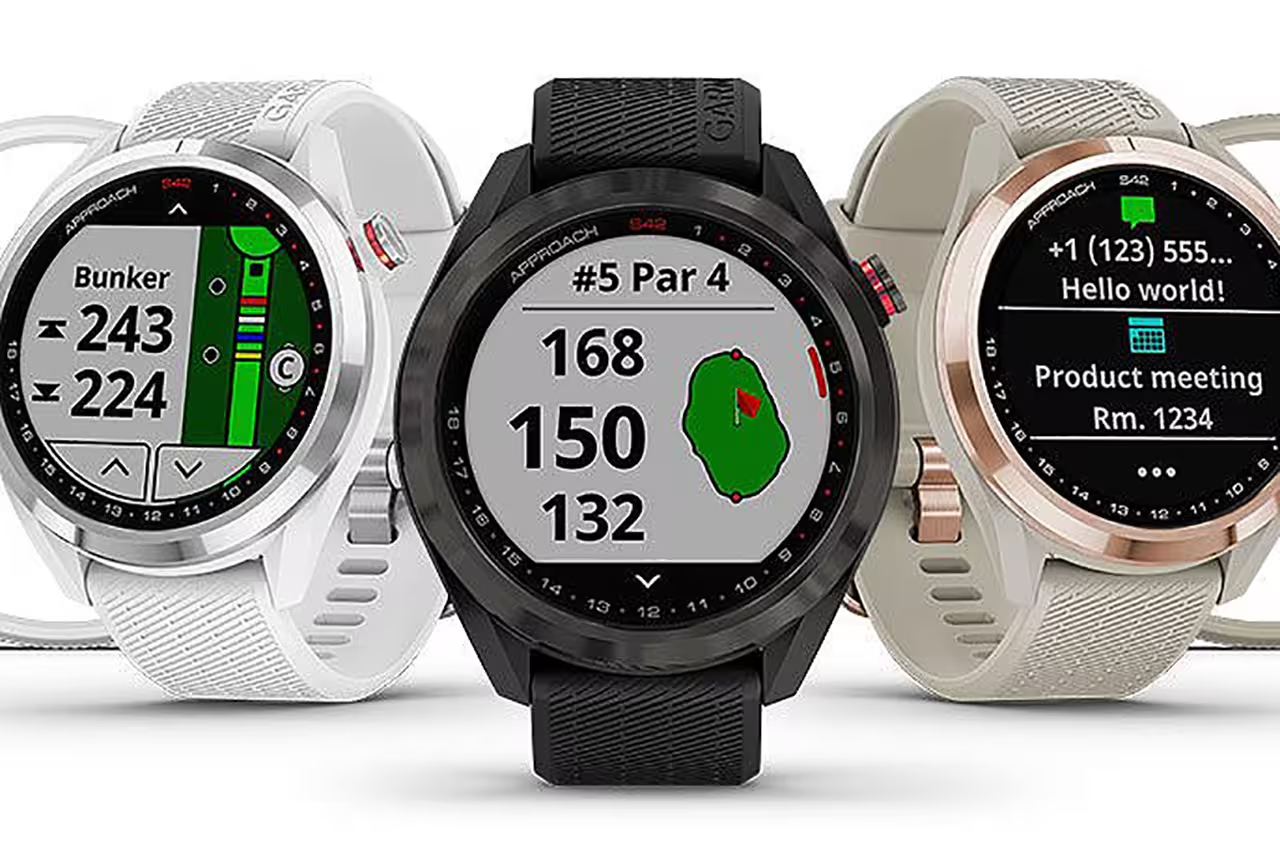Working your way around a golf course can be like solving a puzzle because distances, hazards and slopes all need to be dealt with in order to piece together a good score. However, two modern pieces of equipment can help make drawing circles instead of squares easier: golf GPS devices and laser rangefinders. While both are designed to provide accurate distance measurements, they do their jobs in different ways, and both have their benefits and drawbacks depending on your style, level of play, and budget.
How Golf GPS Devices Work
Golf GPS devices connect to a network of satellites to measure distances to various points on the course, just like the GPS system in your car determines where you are as you drive. By cross-referencing your location with a pre-loaded course map, a GPS device can tell you the distance to the front, middle, and back of the green, as well as any hazards or doglegs along the way. Modern GPS devices now come in the form of watches, handheld units, and even mobile apps that can be downloaded to your smartphone.
GPS: The Advantages
There are some distinct advantages to using GPS as your distance-measuring system of choice, and the first is convenience. Whether you opt for a watch, a stand-alone unit or a smartphone app, golf GPS devices can continuously show you how far away you are from hazards, specific areas on a hole and different areas of the green. As you move, those numbers automatically update.
Golf GPS devices also typically come with other handy features, like the ability to keep your score and manage games you are playing with your partners. In some cases, golf GPS devices can pair with tags that go on your clubs so they track your performance over time and generate stats on your game.
GPS: The Disadvantages
The downside of using a GPS device can be the level of accuracy. We’ve all been behind the wheel when our car’s GPS device shows on its map we need to turn now, but the road where we turn is 30 or 40 feet ahead. That tiny margin is not a big deal when you are driving, but golfers are demanding and want the highest level of accuracy possible. The technology that powers GPS devices has improved a lot over the years, but it can still be off by a couple of yards.
There is also a slight chance that a course you play has not been mapped, though most GPS devices come with tens of thousands of courses pre-loaded, so this is likely not a big deal.
What can be a big…
..
Click Here to Read the Full Original Article at Golfweek…
